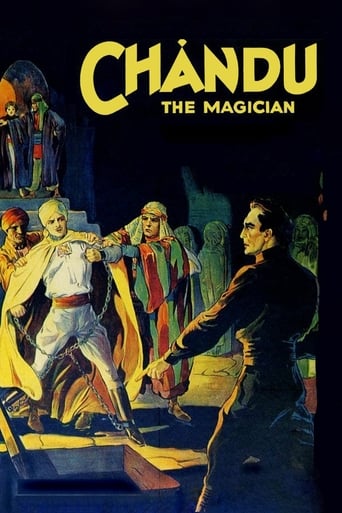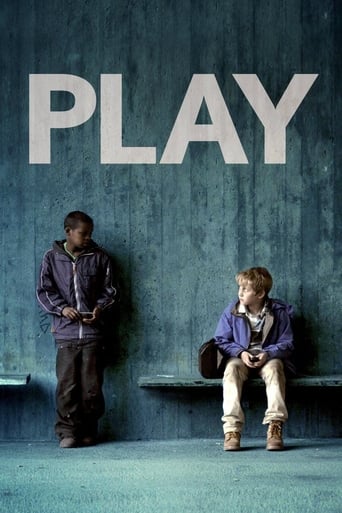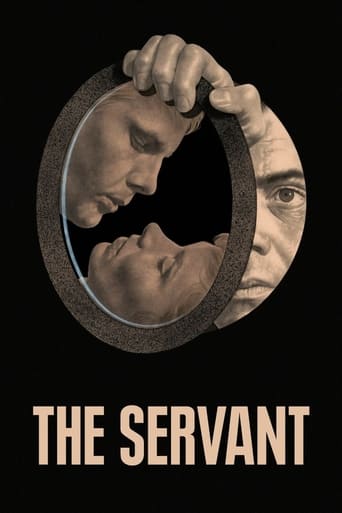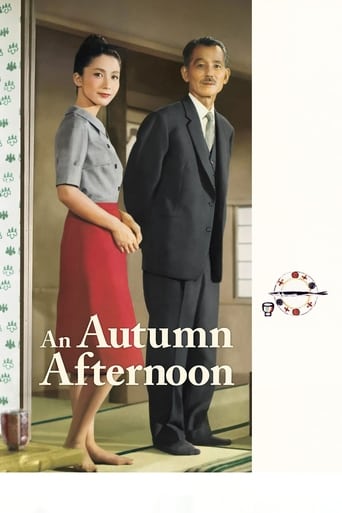


An Autumn Afternoon
Shuhei Hirayama is a widower with a 24-year-old daughter. Gradually, he comes to realize that she should not be obliged to look after him for the rest of his life, so he arranges a marriage for her.
-
- Cast:
- Chishū Ryū , Shima Iwashita , Keiji Sada , Mariko Okada , Teruo Yoshida , Noriko Maki , Shinichirō Mikami


Similar titles
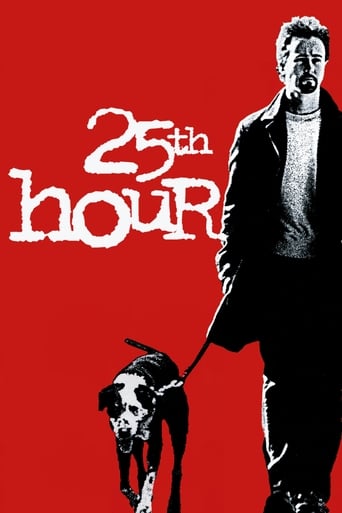
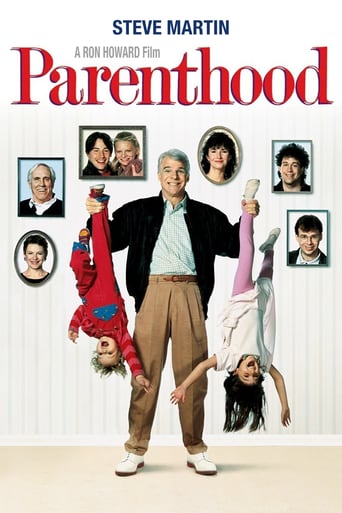



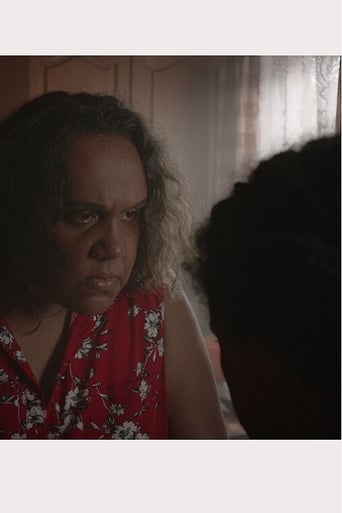


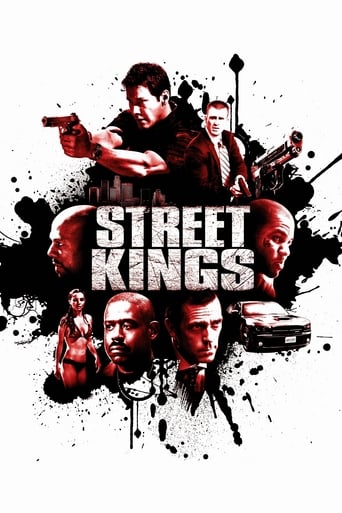
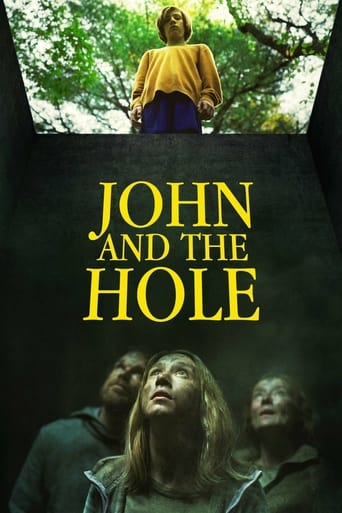
Reviews
Good start, but then it gets ruined
A waste of 90 minutes of my life
It's not great by any means, but it's a pretty good movie that didn't leave me filled with regret for investing time in it.
This is a dark and sometimes deeply uncomfortable drama
An aging widower arranges a marriage for his only daughter.This was the final film of Ozu, who had been making great cinema for decades. His 1930s silent crime dramas are excellent, and everything after is worth a watch. For his final film, it gets a bit more modern. We have a young woman who really is not all that interested in getting married. How can it be that finding a suitable husband is not the first thing on hr mind? The framing and colors are excellent, and very much evoke the best of the 1960s. How Japan was different from other places at the time I do not know, but in some ways the worlds do not seem far apart. This could take place at an American office in the 50s or 60s. Well, without the bowing, anyway.
In the early 60's in Tokyo, the widower Hirayama (Chishû Ryû) is a former captain from the Japanese navy that works as a manager of a factory and lives with his twenty-four year-old daughter Michiko (Shima Iwashita) and his son Kazuo (Shin'ichirô Mikami) in his house. His older son Koichi (Keiji Sada) is married with Akiko (Mariko Okada) that are compulsive consumers and Akiko financially controls their expenses.Hirayama frequently meets his old friends Kawai (Nobuo Nakamura) and Professor Horie (Ryûji Kita), who is married with a younger wife, to drink in a bar. When their school teacher Sakuma (Eijiro Tono) comes to a reunion of Hirayama with old school mates, they learn that the old man lives with his daughter that stayed single to take care of him. Michiko lives a happy life with her father and her brother, but Hirayama feels that it is time to let her go and tries to arrange a marriage for her."Sanma no aji" is the last movie of the Japanese director Yasujiro Ozu about his favorite theme: family and human relationship. Actually he revisits in color thirteen years later, the theme of the wonderful "Banshun". Both story lines are about an old father that realizes that he can not hold his daughter with him anymore and she needs to get married with an arranged marriage as a natural order of life in the traditional Japan. The beautiful and touching story shows also the contrast between the traditional and the newer generation formed by consumers and is supported by awesome performances and the use of magnificent camera work, with symmetrically framed images. Last but not the least, it is impressive how the characters drink in this movie. My vote is eight.Title (Brazil):"A Rotina Tem Seu Encanto" ("The Routine Has its Charm")
The success of this blend of the high and the low owes almost all to the marvelous screenplays Ozu scripted with his co-writer, Kogo Noda. The cinematography by Yuharu Atsuta is unobtrusive as ever, in the ozu style. And equally backgrounded are the musical interludes of Kojun Saito. The DVD is soon to be released by The Criterion Collection, and while it is comparatively light on extra features- vis-à-vis other Criterion releases, as well as others of Ozu by Criterion, there is a good deal of quality in the extras. There is the requisite theatrical trailer, and booklet essays by film critic Geoff Andrew and ubiquitous Japanese film scholar Donald Ritchie. I would have expected Ritchie to provide the audio film commentary track, but, instead, that task is assigned to another Japanese film scholar, David Bordwell. Bordwell has always been hit and miss as a film critic, and his few audio commentaries reflect that fact. But, this time he's pretty good, albeit not as natural as Ritchie- a veteran DVD commenter- is. Bordwell is solid, not too didactic, specific to scenes, but a little stiff. He never conveys that he's stuck to his script, but he never really loosens up and gives the percipient the sense that he really is into the total film experience, either. As stated, good, but not great. Perhaps the best point he makes- and it is one I echo, is that Ozu is not a director concerned with character motivations. He is, in essence, the Method Actor's nightmare. Instead, Ozu is a maven of Behaviorist Cinema. What his characters do is more important than what they think or voice. This is why we often get deliberate shots of his characters (In this and other films) from behind. Ozu wants the viewer to imagine what they are feeling, from the situation presented, not from how many tears they shed, nor how wide their smile. Finally, there are selections from Yasujiro Ozu And The Taste of Sake, a 1978 French television show looking examining Ozu's career, and featuring French film critics Michel Ciment and Georges Perec. On the negative side is the fact that Criterions bland, white subtitles are often lost on screen, in brighter scenes- a problem that is not as bad as in black and white films, but when will Criterion get a clue- colored subtitles, and ones with borders, are a must; especially sans an English language dubbed track. The film is shown in a 1.33:1 aspect ratio.An Autumn Afternoon is a great film, but it is not a great film that is garish in its depth and breadth. It does not tackle grand themes, nor does it blow the viewer away with magnificent vistas. Instead, it is a small, perfect gem of a film that distills the human essence into less than two hours of experience that moves one to laugh and inhale deeply. And if one does not think that such a feat as that is something, and something great, then one simply does not understand art.
This is Ozu's last film, and it is wonderful. At first, I wondered if it could be even good. It has similar themes of other, amazing films like "Late Spring" and "Early Summer", both of which had the truly amazing actress Setsuko Hara, who is not in this film. However, this film is just about as great as them, since it has one of the best acting performances of terrific Ozu regular Chishu Ryu. He plays the father, a widower with three children, two sons and a daughter. It is no surprise to me that the daughter Michiko, played by Shima Iwashita and Akiko the daughter in law, played by Mariko Okada, have had such long, varied careers in cinema. They are great in their roles. There is a certain sass to both of them which really comes across in their characters. They are also both beautiful. The story also has a great sideline, in which Mr. Ryu's old friends help out an teacher, nicknamed "The Gourd". From there, you meet the teacher's daughter Tanako, a familiar face to all Ozu fans. I was deeply affected by Tomako, even though her role is small. I feel her sadness and loneliness. Another great scene is when the father meets up with an old armed services buddy and they go to a local bar and play a war march. They are a bit drunk, and they salute. Playing the barmaid is the great actress Kyoko Kishida, star of the great "Manji" and "Woman In The Dunes". I was deeply interested in the lives of these people, and find the film to be just wonderful, displaying the emotions that a great Ozu film possesses. This film is profoundly moving. I would not start with this film as an introduction to Ozu, only because "Tokyo Story", "Late Spring" and "I Was Born, But" are such masterpieces, but this ranks with them. A deeply profound, excellent epitaph from Yasojiro Ozu, one of the greatest directors ever, from anywhere at any time. See it, you will not be disappointed. Rest in peace, Yasojiro Ozu.

